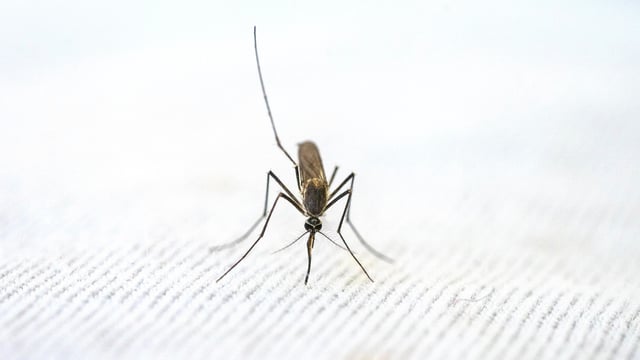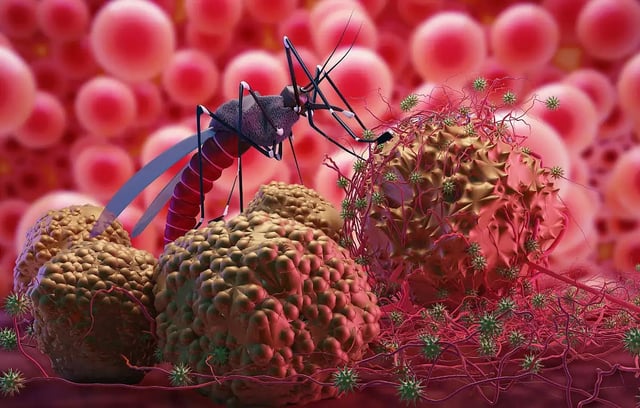Overview
- The World Health Organization (WHO) marks World Malaria Day 2025 with the theme 'Malaria ends with us: Reinvest, Reimagine, Reignite,' urging increased political and financial commitment to combat the disease.
- U.S. foreign aid cuts have disrupted key malaria prevention programs, including indoor residual spraying campaigns in Africa, threatening to reverse decades of progress.
- Mali joins 19 other African nations in introducing malaria vaccines, a rollout expected to save tens of thousands of young lives annually, though regulatory hurdles delay broader vaccine deployment.
- Cambodia nears its goal of malaria elimination by the end of 2025, reporting zero deaths since 2018 and a 75% drop in cases in 2024, showcasing the impact of sustained commitment.
- Challenges such as drug and insecticide resistance, climate change, and fragile health systems continue to hinder global malaria control efforts, with Africa bearing 95% of the disease burden.



